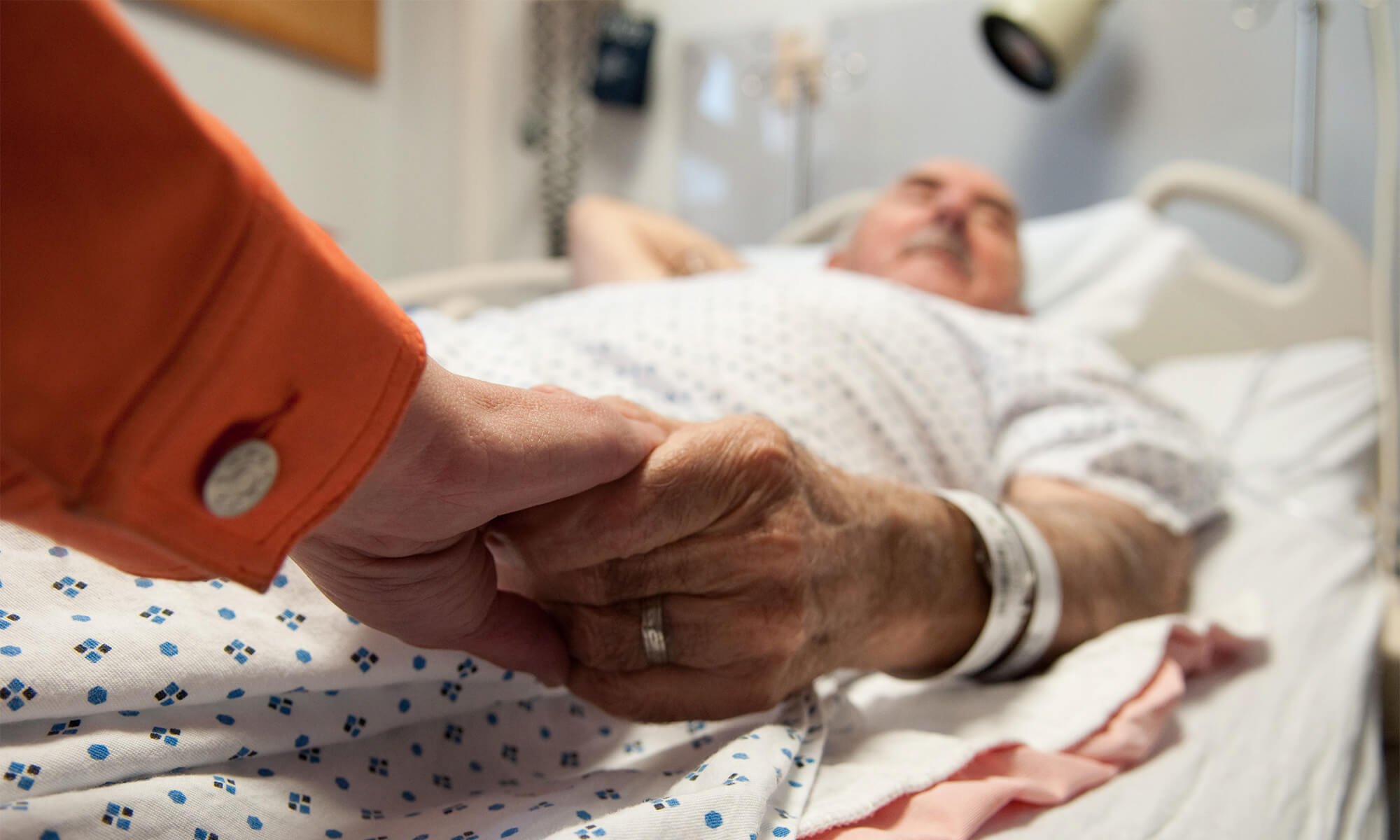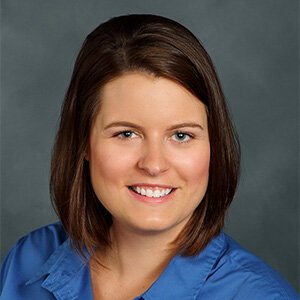
At first glance, the emergency room at Aurora Sheboygan Memorial Medical Center might look like any other. Take a closer look, however, and you’ll see there are several key differences.

To name a few: food and water is available at all times; a clock with oversized numbers is hung for easier viewing; and the rotating staff of physicians, nurses, and other health care providers are all uniquely and deliberately educated on issues that are most pertinent to elderly patients.
The extra measures are part of an effort to better serve geriatric patients. Approximately 60 percent of Medicare patients admitted to the hospital arrive through the emergency department, according to 2013 RAND research, and multiple studies have noted the vulnerability of older adults after an emergency visit, according to a news release from the American College of Emergency Physicians (ACEP).
As a result, the ACEP launched in May a new Geriatric Emergency Department Accreditation program to improve and standardize emergency care for the nation’s older patients.
Aurora Sheboygan now has one of only eight geriatric emergency rooms in the nation, and a CUW alumna is head of it.
In October, Amber (Burtard) Koll stepped into her new role as medical director of the recently accredited geriatric ER. Koll graduated from Concordia’s physician assistant studies program in 2015. Of the eight geriatric ER directors in the nation, she’s the only one who is a physician assistant.
Throughout her three years at Aurora Sheboygan Memorial Medical Center, Koll says she’s seen the need for a varied approach when it comes to elderly patients.
“I think just seeing the sheer numbers of geriatric patients that we get and seeing what the future looks like in terms of geriatric numbers brings the need into focus,” Koll said. “When you put it into perspective, (the staff at Aurora Sheboygan) all does pediatric training and learning about kids, but we haven’t really learned about the unique problems with older populations until now.”
In addition to changes in ongoing professional development for staff and within the physical makeup of the ER, Koll says the shift toward improved geriatric care involves increasing partnerships and collaboration with other health care providers and care givers who inevitably have touches on elderly patients—pharmacists, physical therapists, and nursing homes, for example.
“We see so many patients where we know they’re not safe to go home, but they don’t meet the qualifications for hospitalization either,” Koll said. “We’re now working with our skilled nursing facilities in the area and getting patients admitted into these facilities right from the ER. That’s unheard of.”
The value of an inter-professional approach to health care was instilled during her time at Concordia, says Koll. With half of CUW’s six academic schools devoted to health care disciplines (including PA studies, physical therapy, occupational therapy, nursing, and pharmacy), Concordia has a built-in opportunity to promote teamwork among the various fields.
With increased collaboration, the end result will undoubtedly be better outcomes for geriatric patients, Koll said.
“The goal essentially is to help these patients so that they don’t need to come back to the ER,” Koll said. “We have this surge of Baby Boomers coming up and until now there hasn’t necessarily been a recognition that they need different care. I’m excited to be part of leading an effort that’s changing that.”
Learn more about Concordia’s physician assistant studies program here.
— This story is written by Kali Thiel. Kali was Director of University Communications until April, 2025.
If this story has inspired you, why not explore how you can help further Concordia's mission through giving.